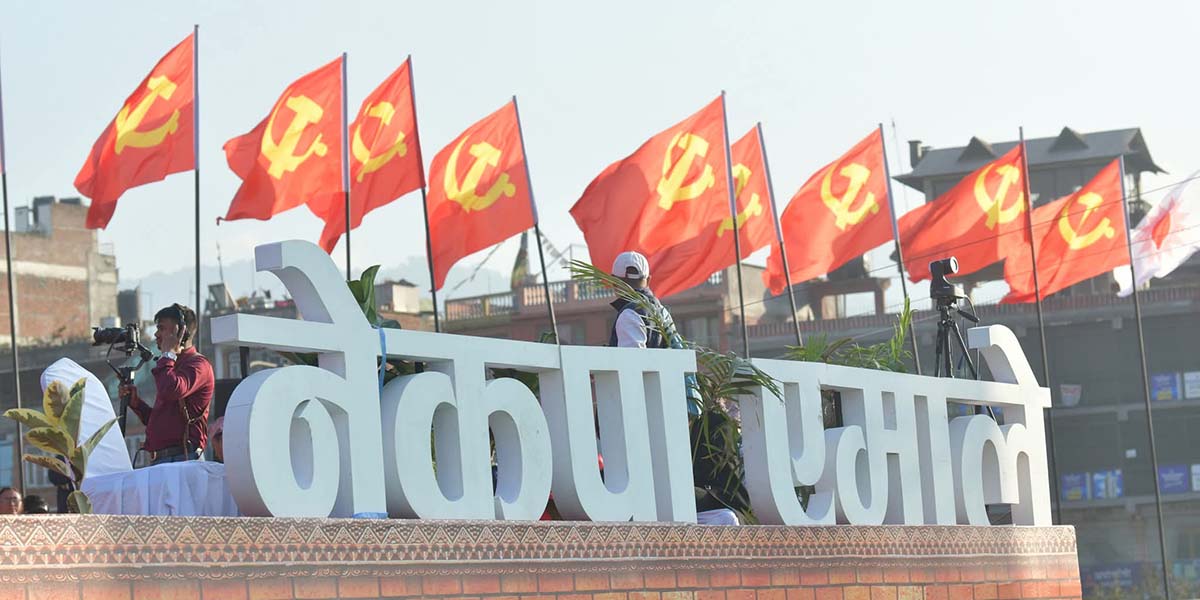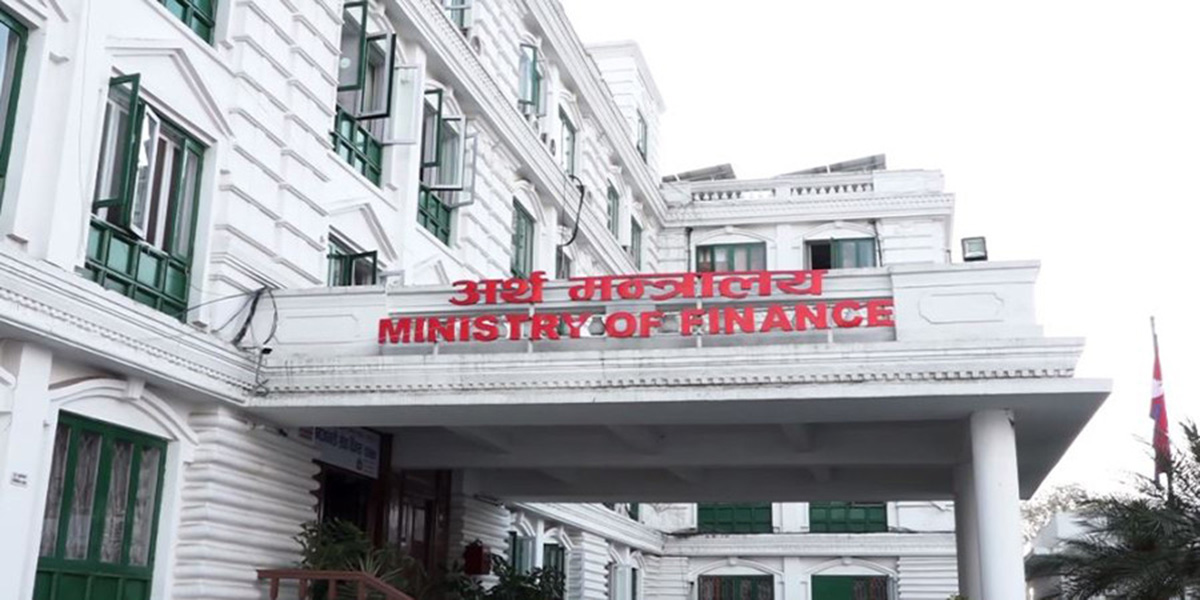
KATHMANDU: A total of 448,837 students sat in the 2023 Class 12 final examination. According to the results, 214,531 of these students are now eligible for Bachelor’s programs at various universities and their affiliated colleges. Furthermore, 234,306 students have the option to take the Grade Improvement Examination, which could make them eligible for Bachelor’s programs if they pass. However, due to lower grades, many of them may be limited to pursuing education or humanities programs, as their grades may not meet the requirements for science and management programs.
According to the University Grants Commission, a total of 1,440 colleges affiliated with 11 universities are operating across the country. Among these, 150 are constituent colleges, 537 are community colleges, and 753 are private colleges. However, the competition for admission is high for only a few programs, as the number of students is consistently lower than the available quotas.
Naresh Shah, the head of the Science and Technology College affiliated with Purvanchal University in Biratnagar, said fewer students are applying for science and technology programs. This is not the problem that only colleges in eastern Nepal are facing. Tribhuvan University, the country’s oldest and largest university in the country, had to conduct entrance exams for programs like BBA, BHM, and BBM, among others, twice due to a shortage of applicants compared to the available slots.
The number of students in colleges located in urban areas is declining annually, while colleges in rural areas are gradually closing due to low enrollment. Colleges in districts like Palpa, Gulmi, Dang, Rukum, Rolpa, Pyuthan, Banke, and Bardiya have seen a gradual decrease in student numbers over the past few years. This has prompted Tribhuvan University to initiate a college merger process for better utilization of workforce and resources.
Why is the number of students falling?
Less than half of the students sitting in the Grade 12 examinations pass the examination. Among these, those with higher grades often prefer to study abroad. They start enrolling in language classes right after completing Grade 12. Students in rural areas are reluctant to study in their locality as they believe they have better opportunities in the federal capital, Kathmandu.
The decline in student interest is not limited to the science faculty. Students of humanities are also seeking opportunities elsewhere. According to Rajib Mishra, the chief of Mahendra Bindeshwari College in Rajbiraj, students are now looking for quality colleges in urban areas, which offer a wider range of programs compared to rural institutions.
Another factor contributing to the decline in student interest is uncertainty about future prospects. After completing a four-year Bachelor of Arts (BA) program, many students are unsure of their career paths. The transition from a three-year program to a four-year program has exacerbated this issue.
Experts suggest that the decreasing number of students is partly due to the admission of average students to colleges outside the capital. Such students often struggle to achieve good academic results, and the retention rate is low. Lal Mani Acharya, the head of Mahendra Multipurpose Campus in Nepalgunj, revealed a continuous decline in student enrollment over the past decade. “Enrollment numbers are high initially. Some 700-800 students enrolled in the first year. But by the time they reach the fourth year, only 300 remain.”
Now only humanities and education faculties, student numbers in the science faculty are also down. “Students seem uncertain about their career prospects after studying humanities for four years. The government policies of allowing students to become teachers without pursuing a Bachelor of Education (BEd) have further decreased enrollment in education programs,” he added.
On the contrary, management programs have maintained satisfactory student enrollment rates. Mishra mentioned that the number of students in Bachelor of Business Studies (BBS) programs in management colleges is increasing, driven by the growing demand for qualified workers in the banking and financial sectors.
Looking at Tribhuvan University’s statistics, it is evident that management faculties have a higher number of students compared to other faculties. Jaya Laxmi Pradhan, the chief of Padma Kanya Campus in Kathmandu, observed that students are more inclined towards management programs compared to humanities and science faculties. BBS, BBA, BBM, BBHM, BIT, and other subjects are attracting students to their colleges.
Despite the satisfactory numbers in science, technology, and management programs, the interest in education and humanities faculties is declining. On the other hand, engineering programs are experiencing increased interest. “We are getting almost three times as many applicants as available slots,” Shah said.
Exodus of students
According to the Foreign Study Permission Branch of the Ministry of Education, approximately 1,000 students apply for a no-objection certificate (NOC) for abroad study every day. While not all students receiving NOCs leave the country, many make repeated attempts if they are denied visas or not accepted by foreign colleges. Those who go abroad for higher education rarely return to Nepal.
Students are leaving the country due to uncertainty about job opportunities after completing their studies in Nepal, Acharya of Mahendra Multiple Campus in Nepalgunj said.
Colleges in the Kathmandu Valley are also struggling to attract sufficient students. As many as 23 colleges in the Valley offer humanities programs. “Although the number of students in humanities programs had been declining consistently, it has started to pick up over the past two years, particularly in subjects like sociology, gender studies, rural development, and home science,” Pradhan said.
Mishra suggests that shortening the four-year program to three years could encourage more students to enroll in Bachelor’s programs. He argued that the current four-year program, which can extend up to five years, does not align with the expectations of the new generation.
To address this issue, Tribhuvan University is planning to reduce the duration of the Bachelor’s program of Education faculty to three years, according to Prof. Dr. Shobhakhar Kandel, the Dean of the Faculty of Education at TU.

 Himal Press
Himal Press 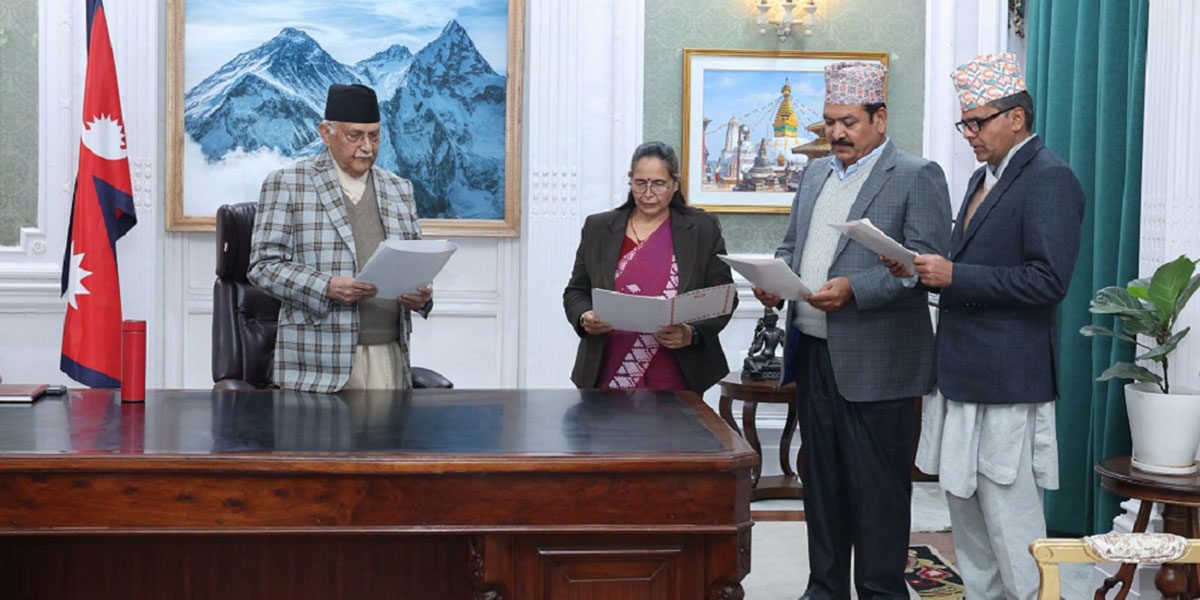

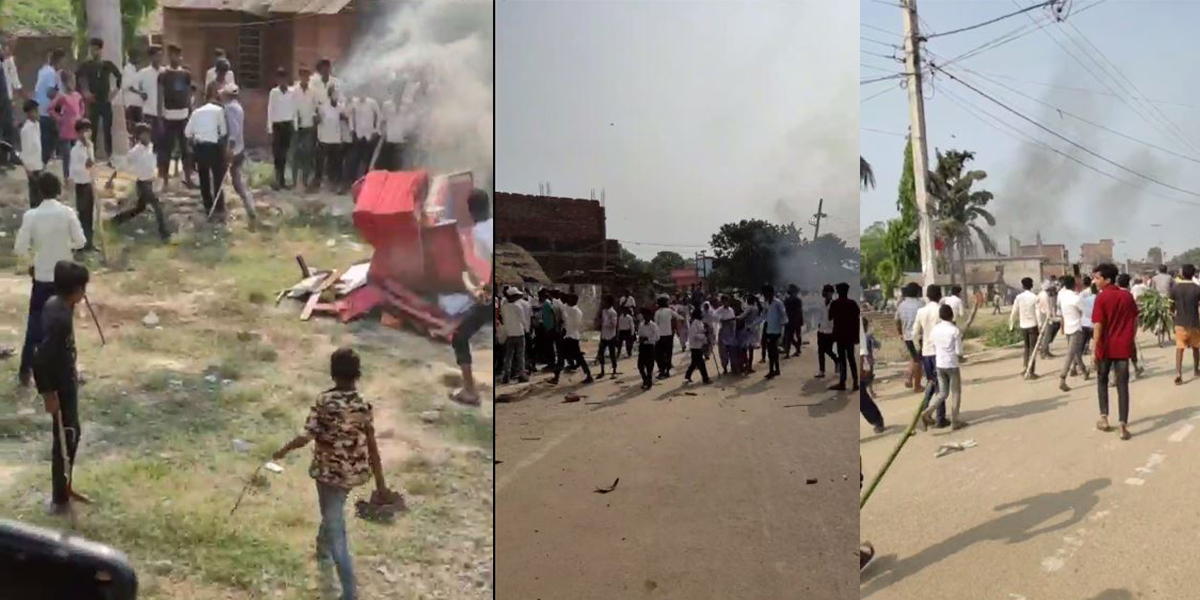

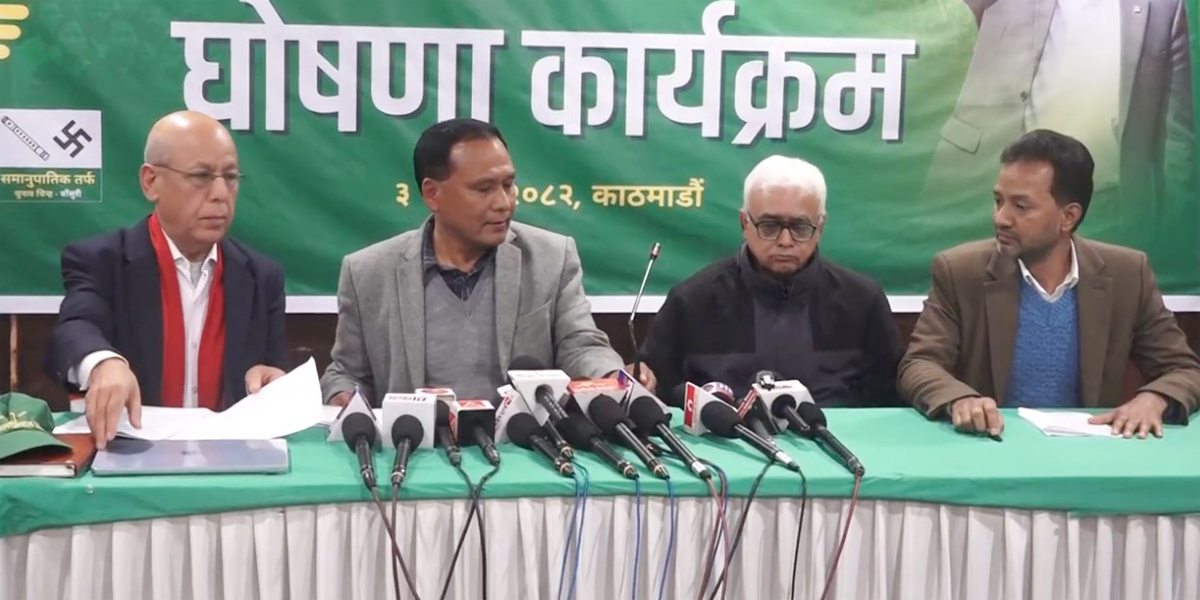

![Maha Shivaratri being celebrated across the country [With Pictures]](https://en.himalpress.com/wp-content/uploads/2026/02/HRB_KTMImage2026-02-15at7.37.40AM1.jpg)
